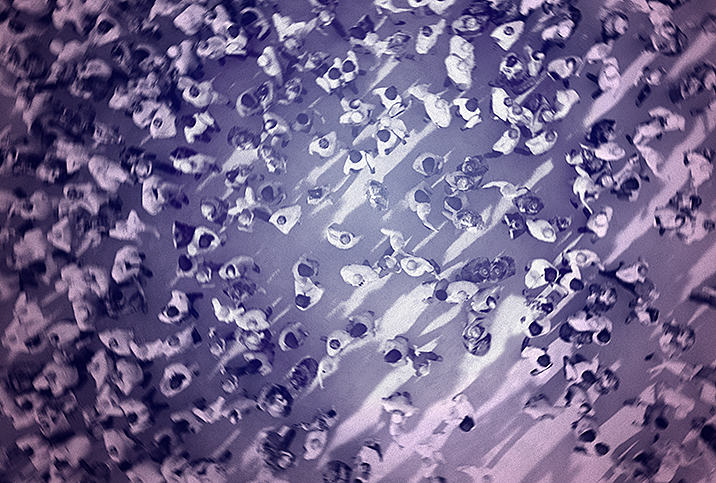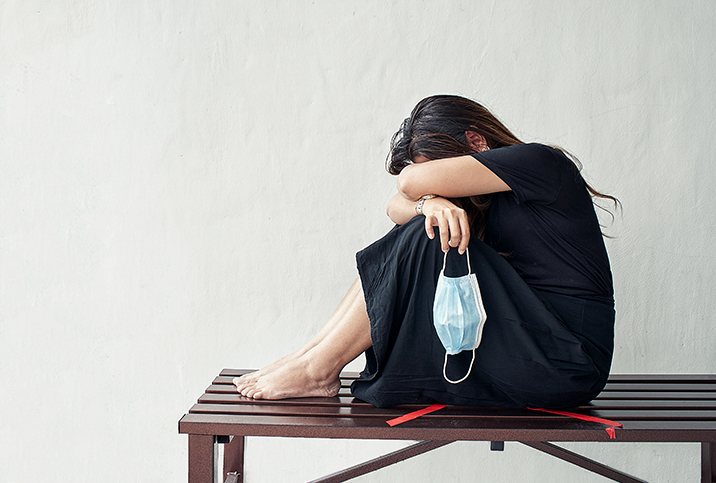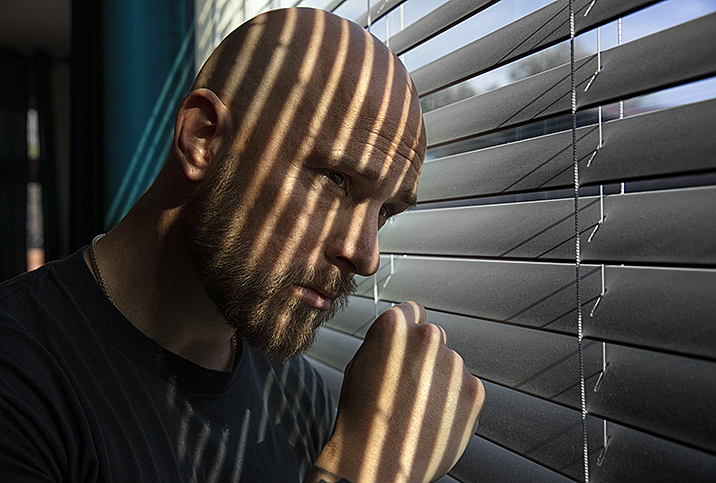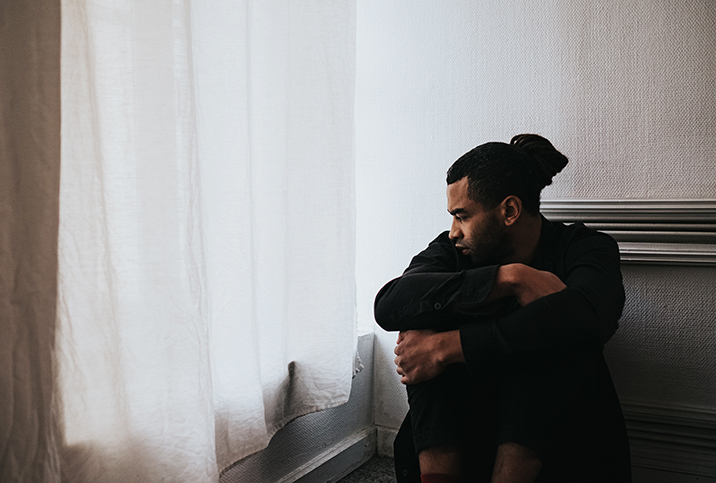What to Do When the Irrational Becomes Rational

Phobias are a common manifestation of anxiety. After more than a year and counting in an unprecedented pandemic, many people with preexisting anxiety are seeing these fears exacerbated, while those who didn't have the disorder are now developing it. The mental and emotional cost of the pandemic is unknown, and it is likely a societal trauma that will be discussed and unpacked for decades.
Adjusting to pandemic life
The COVID-19 pandemic saw a parallel escalation in sinophobic (or anti-Chinese) violence, and even before the pandemic hit the U.S., people racialized as Chinese were already experiencing an uptick in racism. As early as January, I learned to suppress my sneezes as much as I could in public, or else people around me would cover their noses, offended.
When COVID-19 reached the U.S., the racial violence only escalated. Before leaving the house, I would engage in my usual routine of scrolling through social media, only to see people who look like me attacked or even spit on, which amounts to biological warfare amidst a pandemic. I couldn't help wondering if I would be next. Going outside became a harrowing experience. To be clear, this racism is nothing new. The othering I have experienced in this country has been consistent, and escalation is a natural continuation of the pattern of white supremacy. It is still terrifying—the fight-or-flight instinct ignited when entering public space, constantly bracing myself for violence, and falling apart when I got home. Never have I felt so grateful to have a home.
At the height of the pandemic, I was working in a high-risk environment, without proper personal protective equipment, and was not told when coworkers around me tested positive for COVID-19. I would only hear through the morning chatter, or even when a coworker would come back, recounting their experience with the virus. I was in an epicenter, and everyone around me was dropping like flies. I live with immunocompromised people, and every day I was scared I would leave home, come back asymptomatic and kill my loved ones.
Agoraphobia is the fear of leaving the house and existing in public space. Over time, for me, that meant leaving the house would trigger a full-blown panic attack. I became unable to function normally, but even as I broke down, I knew nothing was normal anymore. Even in prior "normality," I still had to face racist microaggressions. The idea that I had to act normal was at odds with what my brain and body were telling me: This reality wasn't acceptable.
Coming to terms and coping with anxiety
Agoraphobia is often diagnosed as an irrational disorder, but in my case, everything felt overwhelmingly real and possible. The fear of leaving home becomes a rational response when public space is so openly hostile. There is a sense of hopelessness that comes with existing in this way—of just wanting to go home when outside, and of dreading going out when at home.
I've come to realize my fears were not just in my head, but were real possibilities of my environment. Leaving a job that treated my health as disposable was key to improving my mental state. Of course, I was privileged to be able to leave abruptly. I know many people do not have the option, but I think, even acknowledging that an environment is toxic, and that one must get out, is important. It is the first step in breaking the cycle of self-blame and entering the growing pains of self-acceptance. It is the beginning of stepping into your power. Until you can leave a toxic environment, small actions to relieve the pressure are essential. Even saying small affirmations like, "I don't deserve to be treated like this" or "I deserve an environment that is caring and affirming," can plant the seeds toward finding a better place.
Building self-esteem to no longer accept dehumanization is powerful. Even as the dehumanization of racism, sexism, ableism and other -isms continue, having the self-esteem to not let it destroy me helps me face my fears. Knowing that I don't deserve maltreatment allows me to continue, and against the violent hierarchical world, there is strength in continuing despite, and in spite of, the hateful forces that surround us.


















